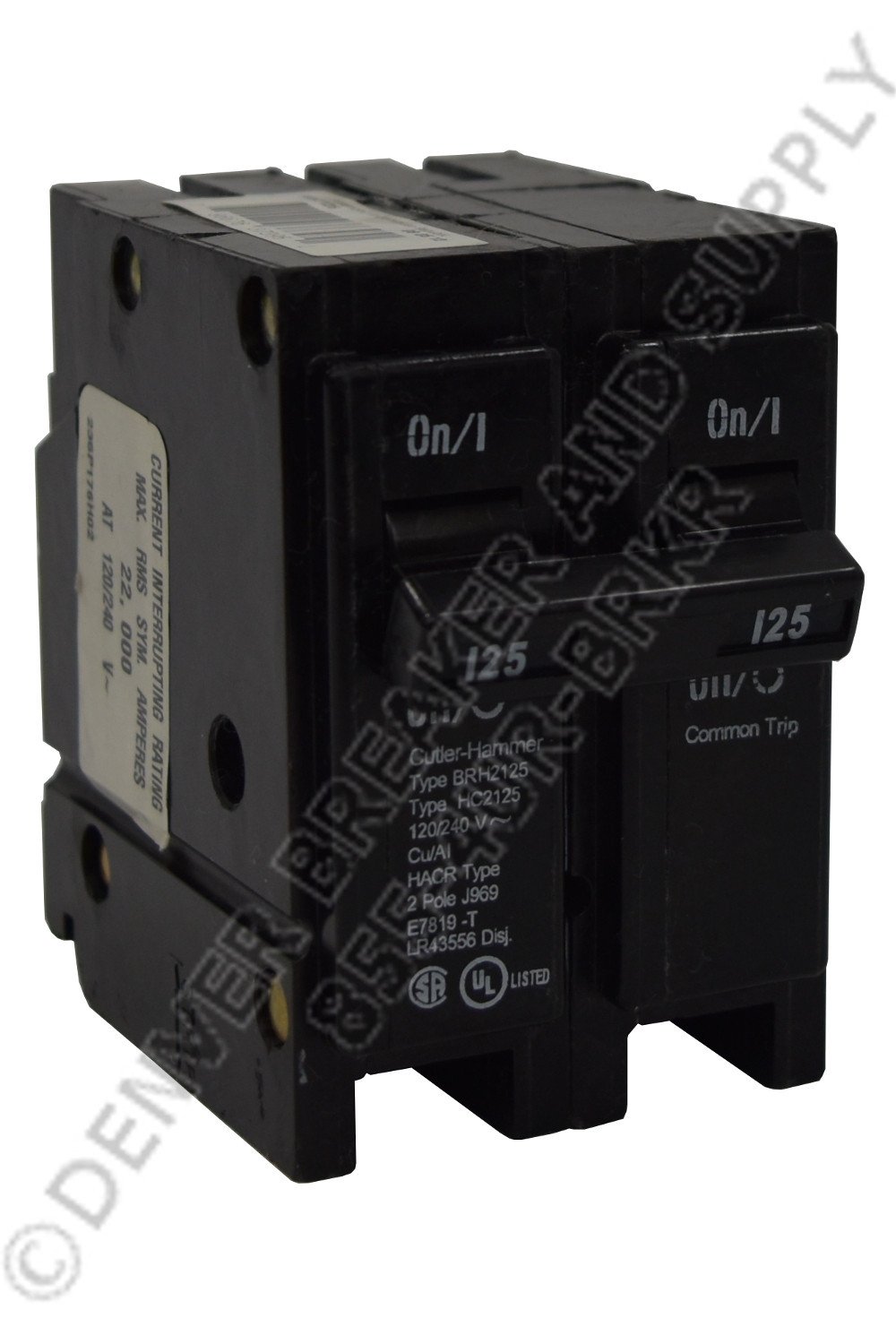WA_Sparky
Electrical Engineer
- Location
- Vancouver, WA, Clark
- Occupation
- Electrical Engineer
Just a general question for you EC's out there.
If you have a 30A/2 piece of equipment, do you see more 30A/2 Disconnects or 30A/2 Fused disconnects in the field? I know code required just a disconnect, but its our company standard to provide most all with fused disconnects... Just seeing if this is an industry standard to protect equipment or an over engineered standard.
Thanks,
If you have a 30A/2 piece of equipment, do you see more 30A/2 Disconnects or 30A/2 Fused disconnects in the field? I know code required just a disconnect, but its our company standard to provide most all with fused disconnects... Just seeing if this is an industry standard to protect equipment or an over engineered standard.
Thanks,

